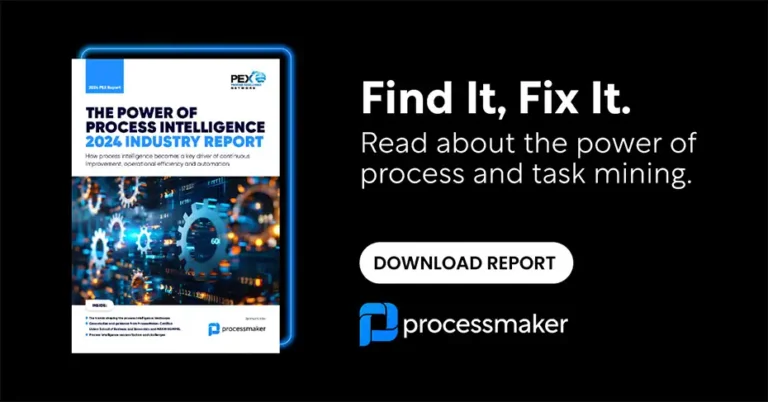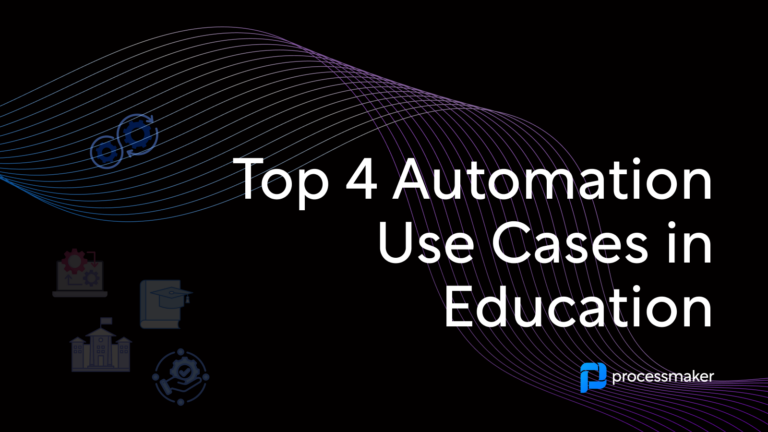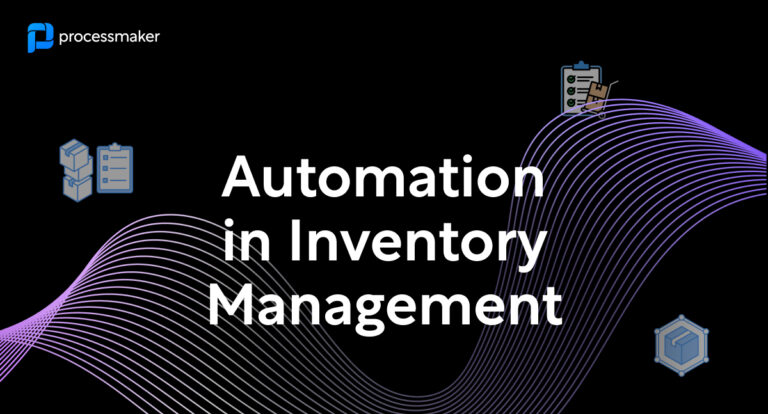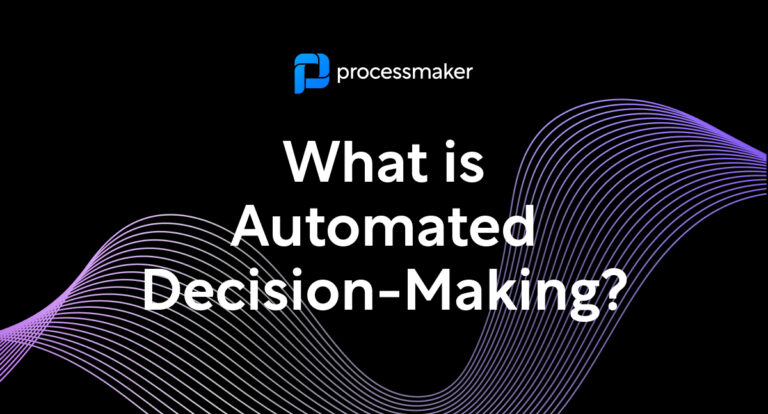Is your school still using paper documents and physical hand-offs? Have you brought up these concerns with your superiors with little promise for change, but clearly need to go paperless on your college campus?
If you answered yes to these questions, you aren’t alone. Universities all over the country are feeling the pressure to adapt, but undergoing such changes is risky. In fact, according to EdTechMagazine, industries like higher education implementing IT digital transformation are prone to high rates of failure. This obstacle, on top of industry-wide challenges, is causing schools to close up shop at alarming rates.
Experts predict that schools unwilling to technologically adapt to the demands of today won’t compete with those schools that will, or already are. Still can’t get your college campus to go paperless? In this article, we discuss barriers to digital transformation, the benefits of digital process automation in higher education, along with predictions for 2020 to help convince your school to make the switch.
Barriers to digital transformation
It’s no secret that colleges around the nation are facing challenges to keep their doors open. Among the greatest factors hitting college campuses today is the enrollment decline rate. A recent report from the National Student Clearinghouse Research Center showed that college enrollments decreased by 1.3% in fall 2019. That’s 231,000 students, to put it in perspective.
To remedy this issue, colleges are turning to technology to attract top talent on campus. Tools like digital process automation (DPA) and software platforms like intelligent business process management (iBPMs) are used in other sectors like finance to help modernize workflows. Higher education is starting to catch on to these technologies, adopting them as their solution. But not everyone can make the change immediately. Some common barriers to digital disruption include the following:
- Learning Curve to New Tech. As technology improves, students expect their schools to adapt. Many schools still operate on outdated point solutions and aren’t prepared to handle the learning curve involved with intelligent automation.
- Budget Cuts. Unfortunately, many schools find they need to make dramatic adjustments due to dramatic cuts to their budgets. The cost of training and implementing new software is too much (and too risky) for some colleges.
- Too Much Reliance on Legacy Systems. It’s not uncommon for schools to hold onto their existing investments for years on end. Digital change is traditionally slow in higher education. In an industry still largely manual, staff may be less inclined to scrap legacy solutions for a new system due to cost and resistance to change.
- Outdated Business Processes. Not just the legacy software itself, but reliance on paper-based, manual ways of working holds many colleges back.
How can digital process automation (DPA) help my college?
A new technology called digital process automation quickly revamped the world’s largest organizations. It’s a step-up from the traditional business process management software (iBPMs) seen today. According to G2 Crowd, for a product to meet the digital process automation category, they must present the following attributes:
- Provide robotic and digital process automation capabilities
- Facilitate end-to-end case management features
- Incorporate some level of intelligent automation
- Provide low-code application and workflow development capabilities
The strict criteria above mean that not only can DPA automate manual workflows, but it can intuitively create applications and workflows with little code intervention alongside using robotic automation in the same product.
What does this mean for higher education? The ability to go paperless and more! The possibilities for colleges to improve their campuses using digital process automation are endless. Below, we have listed five of the top benefits universities see when implementing an iBPMs with DPA:
1. Reduced cost. For Lehman College, the school was able to save upwards of $20,000 upon automating their previously manual, paper-based transfer credit process thanks to iBPMs.
2. Improved student experience. Digitizing workflows makes everything move smoother and much quicker, music to a digitally-native generation’s ears. When accessing documents, financial aid, and other answers to inquiries is seamless, students are happier. This helps retain talent and attract new talent in the future due to a positive student journey.
3. Unity of legacy systems. With the right iBPMs and DPA products, schools can centralize their existing investments all in one spot. Process automation platforms orchestrate people, work, and systems across a centralized platform and leave paper behind, preserving money spent and uplifting the capabilities of these legacy solutions to be better than ever before on their own.
4. Increased back-office efficiency. Who doesn’t love clicking a button and having work done for them? That’s exactly what happens when process automation happens for university staff. A college campus immediately becomes a smart campus with digital workflows in place. Your college will be getting more done in less time, leading to cost savings.
5. Improved interdepartmental coordination. One of the best parts of process automation is its ability to improve the fluidity of departments. Creating cross-campus efficiency is one thing of the larger college’s greatest struggles. Going paperless will facilitate greater communication and productivity across campus, helping departments work better together to reach university goals.
Higher education in 2020
Due to changes in demographics and culture around post-secondary education in the United States, colleges need to anticipate the inevitable consequences of change. Financial experts from Bloomberg say that Kindergarten enrollment rates have been steadily dropping since 2014, the second-largest dip the one that followed the baby boom. What does that mean for colleges? By 2026, universities will begin to feel the effects of declining birth rates and school enrollment.
Another interesting fact is while community colleges and private education institutions enrollment rates are set to drop rapidly over the next few years, the elite college’s enrollment remains the same. This is in large due to old money from intergenerational enrollment, research and Ivy League colleges getting ample sources of funding, and continued attraction from students due to their prestigious status.
 (Sourced from Bloomberg)
(Sourced from Bloomberg)
Keep in mind that these colleges will also need to technologically update their systems due to industry challenges, but are much more likely to survive thanks to financial support, private donors, and public funding (as many are leading the world’s research in medicine and artificial intelligence).
Summary
While the barriers to digital disruption are valid and rampant, the benefits are incredible. Colleges adopting process automation technology can expect to see cost savings, increased operational efficiency, happier staff, and greater retention and attraction of students. Going paperless offers colleges a chance to remain competitive in the face of impending industry demands. If your university is still on the fence about making the switch, consider the valuable advantages above to help your board make the right decision.
Schedule a demo today
ProcessMaker specializes in improving the business processes of some of the world’s best higher education institutions. Hundreds of commercial customers, including many Fortune 100 companies, rely on ProcessMaker to digitally transform their core business processes enabling faster decision making, improved compliance, and better performance. Schedule your free demo today to realize the potential of ProcessMaker.





